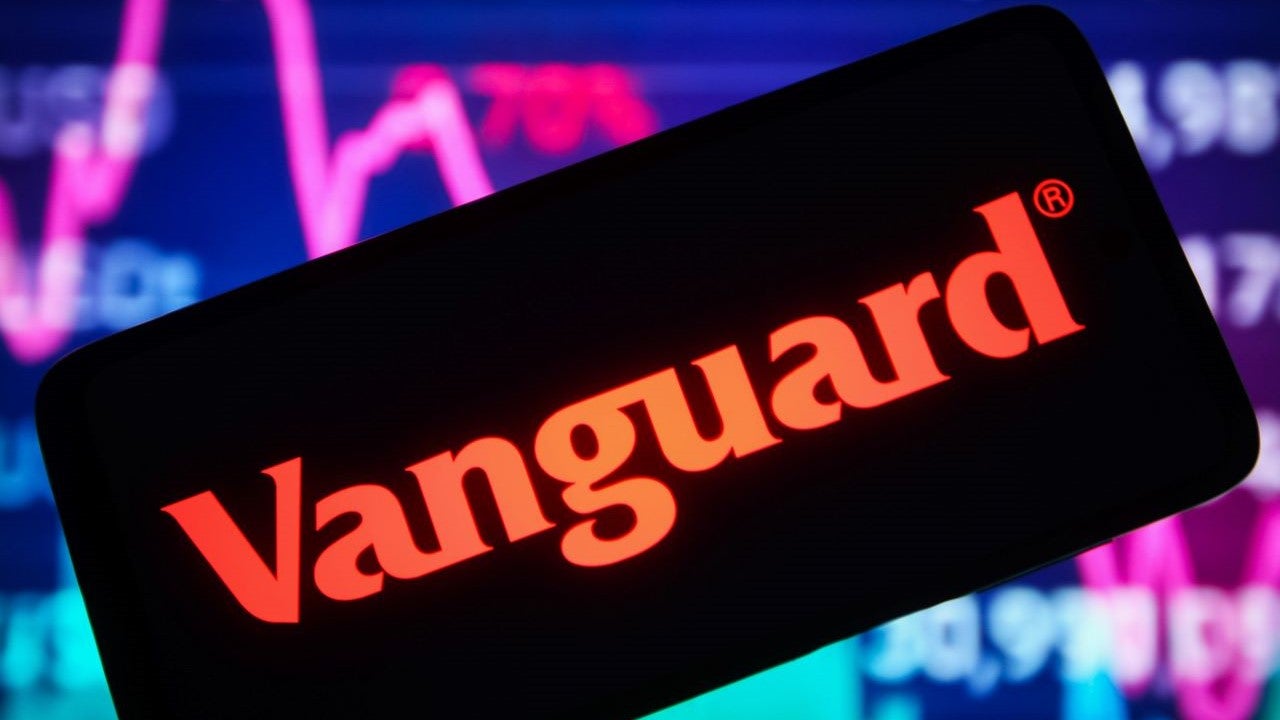Best Fidelity ETFs




Fidelity Investments is well-known for being an investor-friendly outfit, with low-cost and even no-cost mutual funds. But the company also has a range of about 75 exchange-traded funds (ETFs) that investors may want to consider adding to their portfolio.
While most of these ETFs are small or relatively new — fewer than half have been around more than five years — investors still have solid choices when it comes to picking an attractive fund.
Here are the best Fidelity ETFs that you might want to add to your portfolio.
Top Fidelity ETFs
The list below includes the top seven Fidelity ETFs by performance over the last five years. If a Fidelity fund has not existed for at least that long, it’s excluded from consideration.
(Note: Returns below are as of April 25, 2025.)
Fidelity MSCI Energy Index ETF (FENY)
This ETF tracks the performance of the MSCI USA IMI Energy Index, which covers the energy sector in the U.S. stock market. Top holdings include Exxon Mobil, Chevron and ConocoPhillips.
- Historical performance (annual over 5 years): 24.6 percent
- Expense ratio: 0.084 percent
Fidelity MSCI Information Technology Index ETF (FTEC)
This ETF is focused on information technology and tracks the performance of the MSCI USA IMI Information Technology Index. The fund is classified as “large growth,” meaning that it holds large-cap stocks that are focused on growth. Top holdings include Apple, Microsoft and Nvidia.
- Historical performance (annual over 5 years): 19.6 percent
- Expense ratio: 0.084 percent
Fidelity MSCI Financials Index ETF (FNCL)
This fund focuses on investments in the financial sector and tracks the performance of the MSCI USA IMI Financials Index. Top holdings include Berkshire Hathaway, JPMorgan Chase and Visa.
- Historical performance (annual over 5 years): 19.5 percent
- Expense ratio: 0.084 percent
Fidelity High Dividend ETF (FDVV)
This ETF seeks to track the Fidelity High Dividend IndexSM, which includes large- and mid-cap dividend-paying stocks that are expected to pay and grow their dividends. Top holdings include Apple, Microsoft and Nvidia.
- Historical performance (annual over 5 years): 18.0 percent
- Expense ratio: 0.16 percent
Fidelity Enhanced Large Cap Growth ETF (FELG)
This fund focuses its investments in the Russell 1000 Growth Index, which includes large-cap growth stocks from the Russell 1000 Index. Top stocks here include Apple, Microsoft and Nvidia.
- Historical performance (annual over 5 years): 17.6 percent
- Expense ratio: 0.18 percent
Fidelity Stocks For Inflation ETF (FCPI)
This ETF seeks to track an index composed of mid- and large-cap U.S. stocks with attractive valuations, high-quality profiles and positive momentum. The fund emphasizes industries that tend to outperform in inflationary environments. Top holdings include Apple, Microsoft, Nvidia and Exxon Mobil.
- Historical performance (annual over 5 years): 17.2 percent
- Expense ratio: 0.16 percent
Fidelity MSCI Industrials Index ETF (FIDU)
This fund tracks companies in the industrial sector and seeks to track the performance of the MSCI USA IMI Industrials Index. Top holdings include GE Aerospace, RTX Corp, Caterpillar and Union Pacific.
- Historical performance (annual over 5 years): 18.0 percent
- Expense ratio: 0.084 percent
Bottom line
These Fidelity ETFs all have attractive long-term returns and charge low expense ratios, making them a good fit for many investors. But you’ll want to research them further and compare them with other funds — such as the best small-cap ETFs — to see if they work best for your needs.
Editorial Disclaimer: All investors are advised to conduct their own independent research into investment strategies before making an investment decision. In addition, investors are advised that past investment product performance is no guarantee of future price appreciation.
Why we ask for feedback Your feedback helps us improve our content and services. It takes less than a minute to complete.
Your responses are anonymous and will only be used for improving our website.
You may also like

SEP IRA vs SIMPLE IRA: How they compare


Best long-term ETFs to buy and hold


